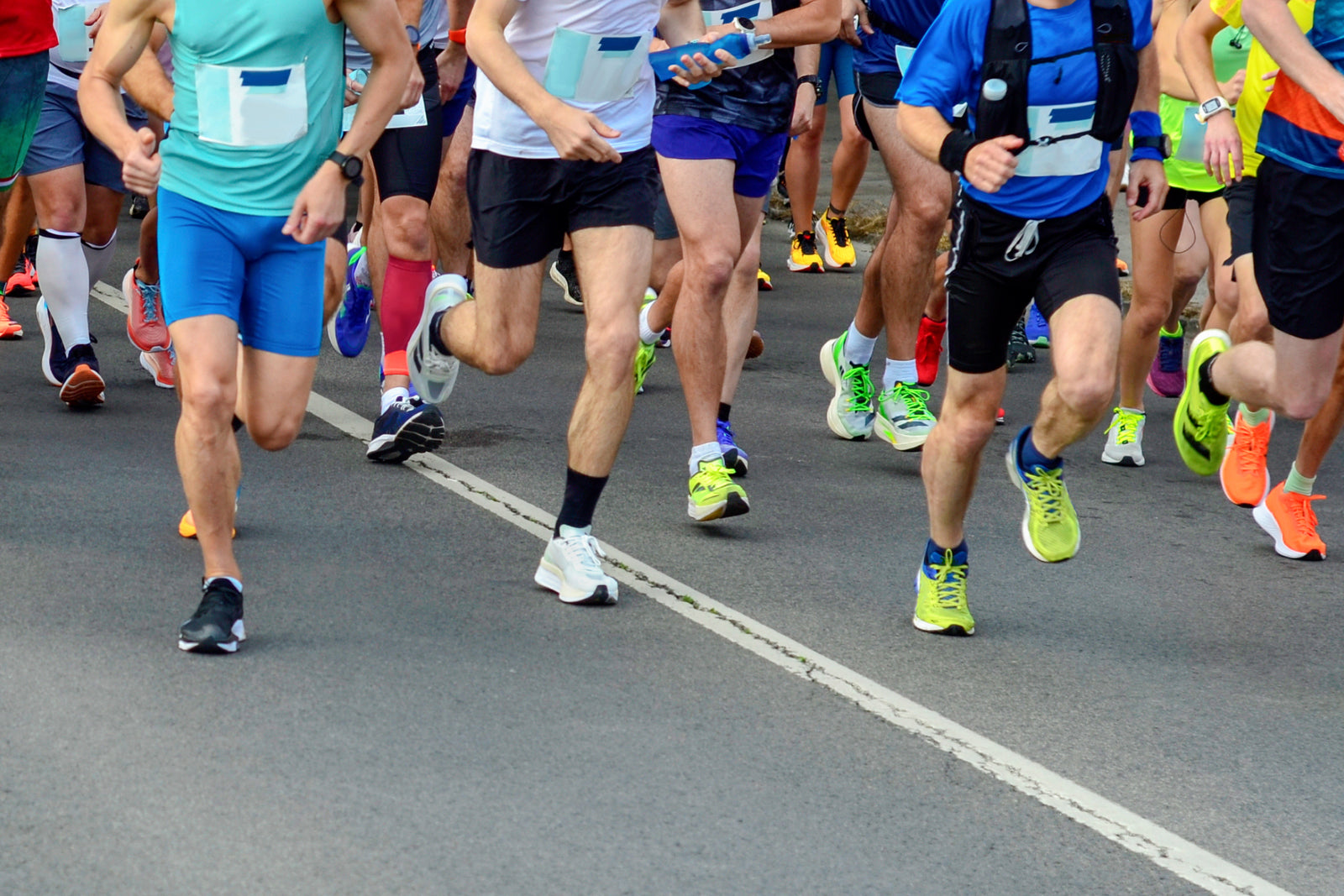How MYLK Variations Affect Muscle Damage Risk
Muscle damage happens when muscle fibers are stressed or injured, commonly after intense or repetitive exercise. The MYLK gene makes an enzyme that helps regulate muscle contraction and relaxation. Variations in this gene can change how effectively muscles handle strain, which can influence soreness, recovery time, and the risk of exercise-related injury.
Why this matters
Your MYLK genotype is one piece of the puzzle that shapes your response to training. Knowing whether you carry zero, one, or two copies of the effect allele for rs28497577 can help you personalize warm ups, recovery strategies, nutrition, and training load to reduce risk and improve performance.
Practical ways to protect muscles
- Build progressive training plans: Increase intensity, duration, and load gradually to allow muscle tissues and connective structures to adapt.
- Warm up and cool down: Dynamic warm ups before exercise and gentle stretching after reduce sudden strain and promote circulation for recovery.
- Prioritize protein intake: Aim for sufficient high quality protein across the day to support muscle repair. For many active adults, this is roughly 1.2 to 2.0 grams per kilogram of body weight depending on training demands.
- Include antioxidant and anti-inflammatory foods: Colorful fruits and vegetables, nuts, and sources of omega-3 fatty acids like fatty fish or algae may help limit exercise-induced inflammation and oxidative stress.
- Stay hydrated: Proper hydration supports nutrient delivery and waste removal from working muscle and helps prevent cramps and excessive fatigue.
- Schedule recovery: Rest days, sleep, and active recovery sessions help repair muscle fibers and reduce accumulated damage from repeated sessions.
- Consider targeted supplements thoughtfully: Where appropriate and after discussing with your healthcare provider, supplements such as omega-3s, vitamin D if deficient, and protein powders can support recovery strategies.
Genetic Interpretations for rs28497577 (MYLK)
Two effect alleles (TT) — Higher sensitivity to muscle strain
If your genotype is TT, you carry two copies of the effect allele. This variant is associated with increased sensitivity to muscle strain and a higher likelihood of exercise-induced muscle damage. You may experience more intense soreness after unaccustomed or high-volume exercise and require longer recovery periods.
What to focus on
- Reduce sudden spikes in training intensity. Use smaller, incremental increases in weight, volume, or pace.
- Extend recovery times between intense sessions. Consider more frequent low-intensity days or active recovery.
- Emphasize prehabilitation: mobility work, targeted strengthening of supporting muscles, and correcting movement patterns.
- Prioritize sleep quality and aim for consistent nightly sleep to promote repair.
- Consider adding daily anti-inflammatory foods and a reliable protein source after workouts to support repair.
- Work with a coach or physical therapist for individualized load management if you train frequently at high intensity.
One effect allele (GT) — Moderate sensitivity to muscle strain
If your genotype is GT, you carry one copy of the effect allele. This is associated with a modest change in how muscles respond to physical stress. You may have a somewhat higher risk of exercise-induced muscle damage than someone with no effect alleles, and you might notice moderate soreness after strenuous or repetitive workouts.
What to focus on
- Monitor training load and adjust when soreness or fatigue accumulates.
- Keep consistent warm up and cool down routines, including dynamic mobility and light aerobic warm up.
- Include a mix of high and low intensity days to allow for tissue recovery.
- Ensure adequate dietary protein spread across meals to support repair.
- Consume antioxidant rich foods and consider adding omega-3 rich meals 2 to 3 times per week.
- If you are increasing training volume, add recovery strategies like contrast baths, compression, or guided foam rolling as needed.
Zero effect alleles (GG) — Typical MYLK function
If your genotype is GG, you carry two copies of the non-effect allele and your MYLK enzyme function is expected to be typical. Your baseline risk for muscle damage during intense or repetitive activity aligns closely with the general population.
What to focus on
- Follow standard muscle health practices: progressive training, structured recovery, and balanced nutrition.
- Maintain sufficient protein intake and hydrate well around workouts.
- Include antioxidant-rich foods and sources of omega-3 fatty acids to support recovery.
- Continue to monitor soreness and performance, and adjust training load when needed to prevent overuse injuries.
Nutrition and supplement considerations
Nutrition supports muscle resilience and recovery regardless of genotype. Aim for a balanced daily pattern with adequate protein, whole food carbohydrate for training fuel, and healthy fats. Consider these general options based on your needs and after talking with your healthcare provider:
- Protein sources: lean meats, poultry, fish, dairy, eggs, legumes, and protein powders if dietary protein is insufficient.
- Omega-3 fatty acids: fatty fish, walnuts, flaxseed, and algae-based supplements can help modulate inflammation.
- Antioxidants: berries, leafy greens, colorful vegetables, nuts, and seeds support oxidative stress control.
- Vitamin D: many adults are low in vitamin D. If deficient, supplementation under medical supervision may support muscle function.
- Electrolytes and hydration: replace fluids and electrolytes during long or very intense sessions to support muscle function and recovery.
When to consult a healthcare provider or specialist
- Persistent or worsening muscle pain that limits daily activities or does not improve with rest.
- Signs of significant muscle injury such as severe swelling, dark urine, or extreme weakness.
- Before starting new supplements or making large changes to training if you have chronic health conditions or take medications.
- For personalized training or rehabilitation plans if you train at a high level or have recurring injuries.
Final notes
PlexusDx provides genetic information to help you understand predispositions related to muscle damage. This information is educational and not medical advice. Always consult your healthcare provider or a qualified professional before making clinical decisions, starting supplements, or changing training programs based on genetic results.

Share:
Muscle Damage | IGF2 (rs680)
Muscle Damage | IGF2 (rs680)